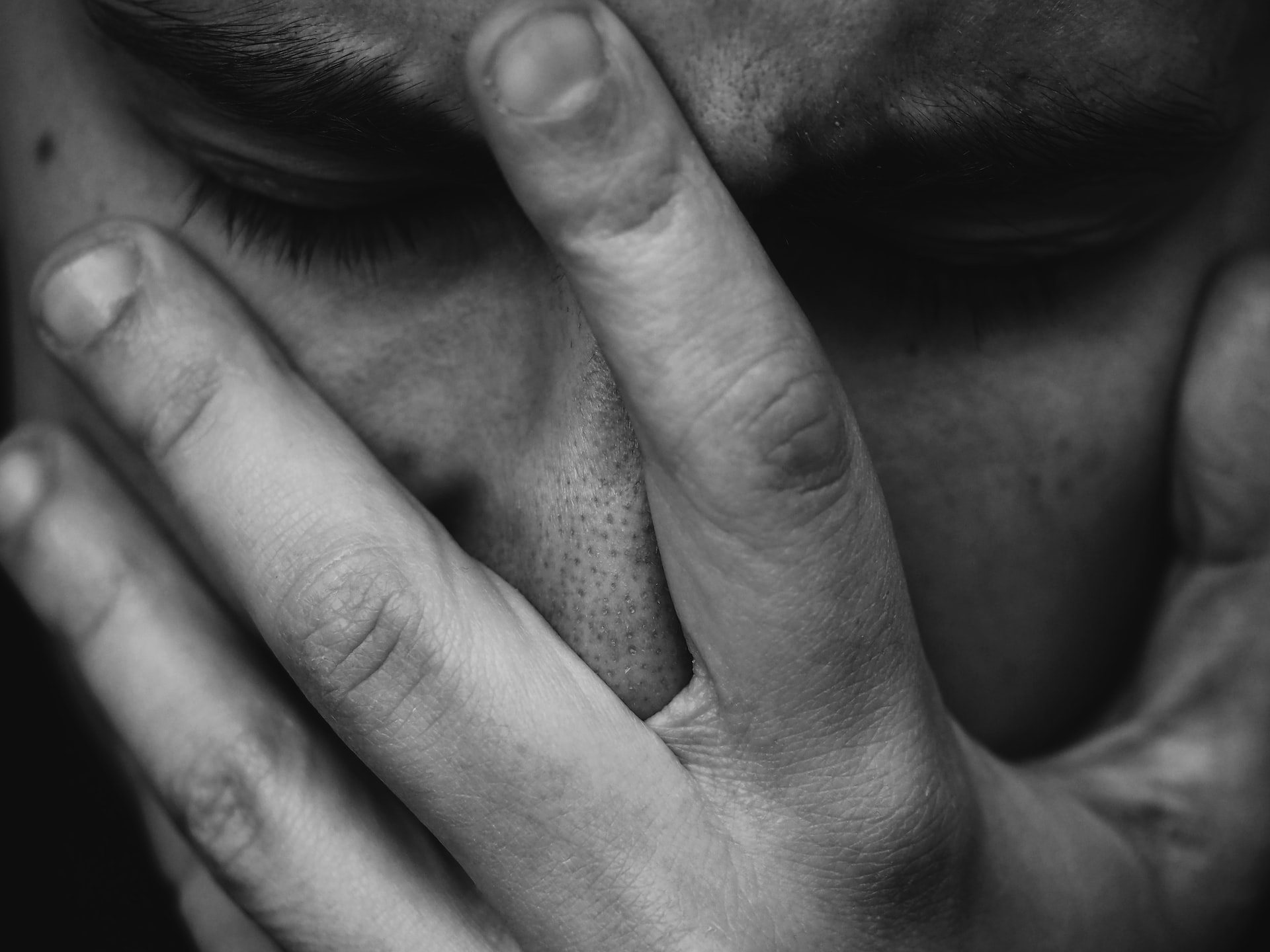
Causes of Persistent Dizziness? It Could Be Thirst Or Paralyzed!
Dizziness, which is quite common and often nothing to worry about, can sometimes be a symptom of very serious illnesses. So what causes dizziness? How do we know if there is a serious health problem?
Dizziness can be caused by very innocent reasons such as insomnia, extreme tiredness, excessive coffee and tea consumption, alcohol intake, excessive stress or motion sickness, or it can also be a harbinger of very serious diseases.
Inner ear diseases, neurological diseases, blood diseases, circulatory disorders, tumors, infections can cause dizziness.

The Most Common Causes of Dizziness
Vertigo
Vertigo is a condition caused by a crystal released in the inner ear.
Vertigo, a disease that occurs in certain positions of the head, is characterized by dizziness and involuntary movements in the eyes, and usually resolves spontaneously over time, causes severe dizziness attacks. Movements such as turning or sitting in bed trigger dizziness. These spins last about 1 minute but can recur if triggering movements continue.
Infections
Viruses such as labyrinthitis and vestibular neuritis cause infections in the upper respiratory tract. These infections can sometimes infect your inner ear. In such cases, you may lose your sense of balance and feel dizzy.
Heart Diseases
Some heart diseases can limit blood flow to the brain, causing dizziness. A heartbeat that is too fast or too slow can cause dizziness because not enough blood is getting to the brain.
Paralysis
When blood flow to a part of the brain is reduced or interrupted, for reasons such as clotting or plaque formation, a stroke occurs because the brain tissue cannot receive oxygen and nutrients. This condition can cause a variety of neurological symptoms, including dizziness.
In case of sudden and severe dizziness lasting longer than 15 minutes, medical attention should be sought.
Vestibular Migraine
Many people with migraine headaches have dizziness. If this condition occurs constantly, it is called vestibular migraine. In other words, if you are experiencing recurrent episodes of severe dizziness accompanied by a feeling of lightheadedness and sensitivity to movement, you may be experiencing vestibular migraine.
Meniere's Syndrome
Meniere's syndrome is a chronic disease that occurs as a result of the fluid accumulating in the inner ear affecting the balance.
Meniere's syndrome occurs when the pressure in the balance channels of the ear increases as a result of the increase in the fluid called endolymph. May cause dizziness, nausea, vomiting, ear fullness, buzzing, ringing, hearing loss.
Anemia
Anemia occurs when the body does not have enough healthy red blood cells to carry enough oxygen to organs and tissues.
Not getting enough oxygen to the brain can cause dizziness. The brain needs a constant supply of oxygen-rich blood to function properly.
Orthostatic Hypotension
Orthostatic hypotension is a drop in blood pressure that occurs when you stand up suddenly while sitting or lying down.
With the drop in blood pressure, not enough blood goes to the brain, which causes dizziness when standing. It usually takes a few seconds, but sometimes it can take longer.

Other Possible Causes of Dizziness
Low Blood Pressure
When your blood pressure drops suddenly, your brain can't pump as much blood as it needs. Therefore, you may feel dizzy.
Dehydration
Our body needs enough water and fluids to function normally. When we are dehydrated, the brain is prevented from getting enough blood.
When you don't drink enough water, blood volume and pressure drop and the brain is deprived of essential nutrients, so you may experience dizziness.
Low Blood Sugar
When our blood sugar drops, our brain doesn't get enough glucose to function. This can cause a feeling of dizziness.
Some Medicines
Dizziness is a possible side effect of many prescription drugs available on the market today. If you've started taking a new medicine in the last few months and are experiencing dizziness, this may be your medicine. However, it's still a good idea to consult a doctor to make sure it's not something more serious.
Low Vitamin B12
Our body needs vitamin B12 to maintain the health of blood and nerve cells. If you have low levels of vitamin B12, your nervous system may be damaged and cause you to experience dizziness. B12 deficiency can also cause anemia.







